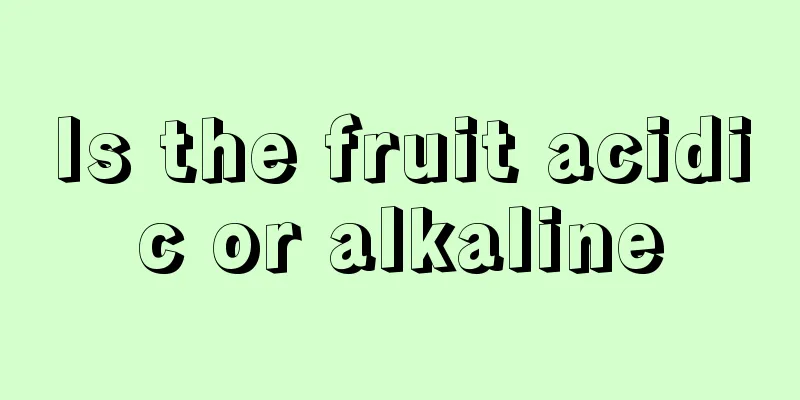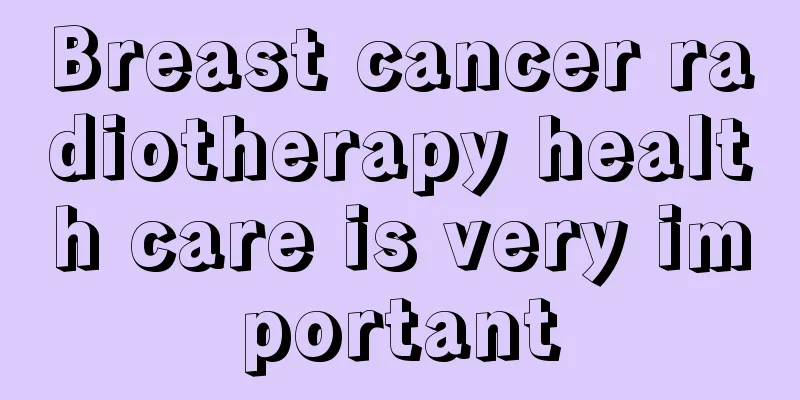Enhanced CT radiation

|
CT is a common examination, generally used to examine many diseases. CT is usually divided into ordinary CT and enhanced CT. Compared with ordinary CT, enhanced CT can generally examine diseases more accurately. Sometimes ordinary CT cannot diagnose some diseases, but enhanced CT can diagnose the disease very well. However, everyone knows that the radiation of CT is very strong. Is the radiation of enhanced CT strong? Is the radiation from enhanced CT high? Enhanced CT is to administer some contrast agents to make local tissues visible and increase the contrast. Therefore, the radiation dose of enhanced CT and conventional CT examinations is the same. So there is no need to worry about the increase in radiation dose. What is enhanced CT scan? CT enhanced examination, also called CT intensification by some friends, is actually the same, which is to inject medicine (contrast agent) into the blood vessels. Because the contrast agent is high-density on CT, the injected contrast agent will be distributed in the human tissue with high density as the blood flows. CT scans can reflect the blood supply of tissues and organs. If there is a tumor, the blood supply can be used to evaluate whether the lesion is benign or malignant. It can also display more lesions than plain scans. In a word, it is clearer than CT scan. For example, what should you do if you find a nodule in the liver during ultrasound or CT scan? At this time, you need to do an enhanced CT scan to see the blood supply of the nodule and whether it is a good or bad person. If it is a bad person (liver cancer), it will have typical manifestations on CT enhancement, that is, fast in and fast out. Once you see this situation, you consider it to be liver cancer. This is the qualitative process. Not only can it characterize the disease, but it can also see whether the lesion has invaded the surrounding area, whether there are enlarged lymph nodes, and it can also help with staging. CT enhancement is contraindicated in the following cases: 1. People with allergic constitution or history of allergy to contrast agents. Because iodine-containing solution will be injected into the blood vessels, those with allergic constitution or allergy to iodine are strictly not allowed to undergo the procedure. Once an allergic reaction occurs, severe respiratory and cardiac arrest may occur. 2. People with hyperthyroidism and myasthenia gravis. People who currently have these two diseases should not do the procedure, but can do it after they recover. 3. Pregnancy. Do not do enhanced CT scans during pregnancy because the injected drugs may harm the fetus. CT enhanced scans should be performed with caution in the following situations and can only be performed after evaluation by a doctor: 1. Severe heart, liver, lung and kidney dysfunction: pulmonary hypertension, bronchial asthma, heart failure, etc.; especially those with heart and kidney failure, enhanced scanning should be performed with caution. 2. Myeloma and paraglobulinemia; 3. Homocystinuria; If it can be done after evaluation by a clinician, then the following preparations are required before the examination: 1. Do not eat food 4 hours before the examination, but you can drink water, and drink a lot of water, about 500-1000ml. Because the injected medicine will be excreted in large quantities through the kidneys within 2 hours, drinking water can promote the excretion of the medicine. This is why people with poor kidney function should be cautious. If the kidneys are not in good condition, the medicine cannot be excreted and will accumulate in the body, causing damage. 2. An indwelling needle is required before the examination. 3. After the examination, you need to stay in the radiology department for half an hour to observe whether you have any allergic reactions. You also need to drink plenty of water after the examination to promote the excretion of the medicine. CT enhanced scan, unpredictable allergic reaction When doing an enhanced CT scan, the most feared thing is an allergic reaction, which cannot be predicted before the examination. The currently available non-ionic contrast agents greatly reduce the risk of allergies. Mild allergic reactions may cause skin itching, rashes, etc. You can observe and drink plenty of water, but no treatment is needed. Moderate allergic reaction: severe vomiting, paleness and weakness, etc., given certain anti-allergic treatment in the radiology department Severe allergic reaction: laryngeal edema, cardiac and respiratory arrest. This is the most serious allergic reaction and requires immediate rescue. |
<<: Does laparoscopy cause great harm to the body?
>>: The difference between ct and enhanced ct
Recommend
Is surgery necessary for advanced bile duct cancer?
Is it necessary to have surgery in the late stage...
How to prevent cervical cancer through diet? Dietary points for cervical cancer patients
Cervical cancer (i.e. cancer of the cervix) can o...
Do you know what causes molluscum contagiosum?
Molluscum contagiosum is a very common disease in...
Analysis of the main causes of ovarian cancer in women
What is the cause of ovarian cancer in women? In ...
Symptoms of rhinitis and methods to stop runny nose caused by rhinitis
Autumn is the peak season for rhinitis, but now t...
The fastest way to reduce swelling of the eyelid line
There are many ways to become beautiful now. In a...
What is the pulling feeling in the neck caused by thyroid cancer
Thyroid cancer may cause a pulling sensation in t...
What to do if you sweat a lot
Excessive underarm sweating is a problem that man...
How can I speed up my metabolism?
Some people have a genetically fast metabolic rat...
Don't mistake skin cancer for warts
Mr. Li, who is over 70 years old, has a protrudin...
Will cervical cancer cause infertility?
Will cervical cancer cause infertility? 1. Whethe...
Experts say there are three ways for kidney cancer to metastasize
When kidney cancer develops to the late stage, it...
What to do if your child always feels sleepy in class
Being a mother, I have endless worries. I thought...
What are the symptoms of cold waist
When the waist gets cold, there will be muscle pa...
What is the reason for the buzzing sound in the head
If you experience symptoms of buzzing in your hea...









